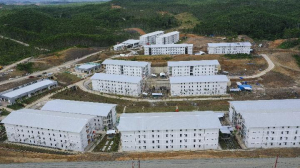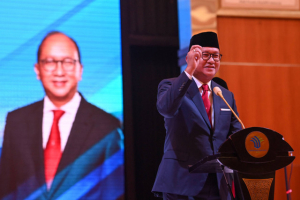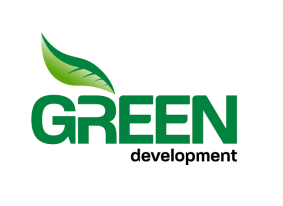Bappenas prepares ecosystem to boost circular economy in Indonesia
The Ministry of National Development Planning (PPN)/National Development Planning Agency (Bappenas) is preparing an ecosystem to effectively implement circular economy, which has the potential to contribute up to Rp500 trillion (US$30.7 billion) to the Indonesian economy.
Priyanto Rohmattullah, Director of Environmental Affairs at the Ministry of PPN/Bappenas, highlighted that while the circular economy is already being practiced in Indonesia, its application remains mostly in the form of movements and is not yet fully structured.
"Circular economy has the potential to generate Rp500 trillion, significantly boosting the domestic economy. Discussions on circular economy have begun within the Medium-Term Development Plan (RPJMN). However, the Long-Term Development Plan concerning the circular economy is still under discussion with the House of Representatives (DPR),” Priyanto said as quoted by Antara on Thursday, July 4, 2024.
Jaya Wahono, Chairman of the Standing Committee for Renewable Energy at the Indonesian Chamber of Commerce and Industry (Kadin), emphasized that businesses need regulatory certainty to implement the circular economy, as it impacts profit calculations necessary for entrepreneurs.
According to Jaya, investments in the circular economy are expected to have a long return period. Therefore, government support in the form of regulatory frameworks is crucial.
"This is a critical issue and a key consideration for investors," he said.
Jaya cited that the waste-to-energy sector could thrive due to the clear regulations established by Presidential Regulation No. 35/2018 on Accelerating the Development of Environmentally Friendly Technology-Based Waste-to-Energy Installations.
This regulation allows businesses to take advantage of existing resources, such as waste, converting it into energy, thereby reducing the environmental impact of waste while enabling investors to generate profit.
Jaya proposed that investors involved in the circular economy should receive incentives, considering it is a capital-intensive business. Such incentives would demonstrate government support for these enterprises.
He called for collaborative efforts to address waste issues. “By working together, the challenges related to overcapacity at waste disposal sites and marine plastic pollution, which leads to increased microplastics in the oceans, can be minimized.”
Tag
Already have an account? Sign In
-
Start reading
Freemium
-
Monthly Subscription
30% OFF$26.03
$37.19/MonthCancel anytime
This offer is open to all new subscribers!
Subscribe now -
Yearly Subscription
33% OFF$228.13
$340.5/YearCancel anytime
This offer is open to all new subscribers!
Subscribe now






